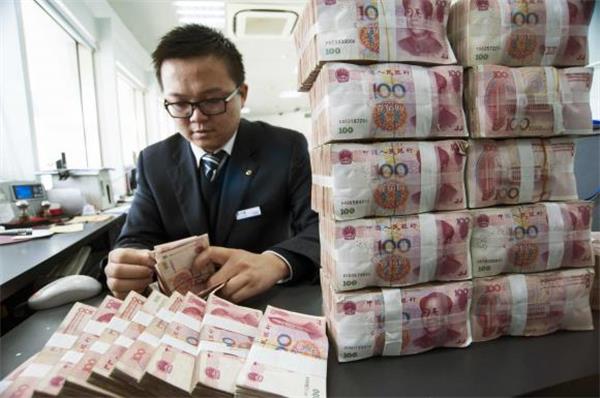 |
|
A clerk counts Chinese 100 yuan banknotes at a branch of China Construction Bank in Nantong, Jiangsu province, Dec 2, 2014.
|
Central State-owned enterprises launched a pilot pay reform at the beginning of this year. The pilot reform of the salary system for the executives of State-owned enterprises directly under the central government's supervision introduced at the beginning of this year will serve as an example for reform of the salary system for SOEs nationwide.
The salary system for SOE executives has long been criticized for its lack of transparency and its failure to reflect the performance of executives, with some executives receiving high salaries even though they don't show any capability to help a company prosper and the profits are mostly generated by the company's monopoly status. Some have gone away with their pockets full while laid-off workers struggle for their livelihoods after a SOE has gone bankrupt.
The new regulation issued by the State Council, or the Cabinet, signals the central government's determination to fix the problematic salary system. The top managers' salaries in those SOEs covered by the reform will be determined by the board under a uniform standard in order to be more market-oriented instead of being overseen by different governmental departments.
The regulation stipulates that the salaries of SOE managers consist of three parts - a basic annual salary, a performance-based salary, and bonus incentives. A manager's basic salary will be two times the average salary of an enterprise's employee. The performance-based salary will be determined by the comprehensive evaluation of the manager's performance in the past year, taking into account the situation in the industry concerned and the company's revenue, profit and other factors. It should not exceed two times the basic salary. Lastly, the bonus incentives shall be no more than 30 percent of the managers' average salary during their tenure.


 Raging wildfire spreads to more areas in west Canada
Raging wildfire spreads to more areas in west Canada
 World's first rose museum to open in Beijing
World's first rose museum to open in Beijing
 Teapot craftsman makes innovation, passes down techniques
Teapot craftsman makes innovation, passes down techniques
 Top 8 iOS apps recommend for mothers
Top 8 iOS apps recommend for mothers
 Five things you may not know about the Start of Summer
Five things you may not know about the Start of Summer
 Art imagines celebrities as seniors
Art imagines celebrities as seniors
 Japanese animator Miyazaki's shop a big hit in Shanghai
Japanese animator Miyazaki's shop a big hit in Shanghai
 Star Wars Day celebrated around world
Star Wars Day celebrated around world















